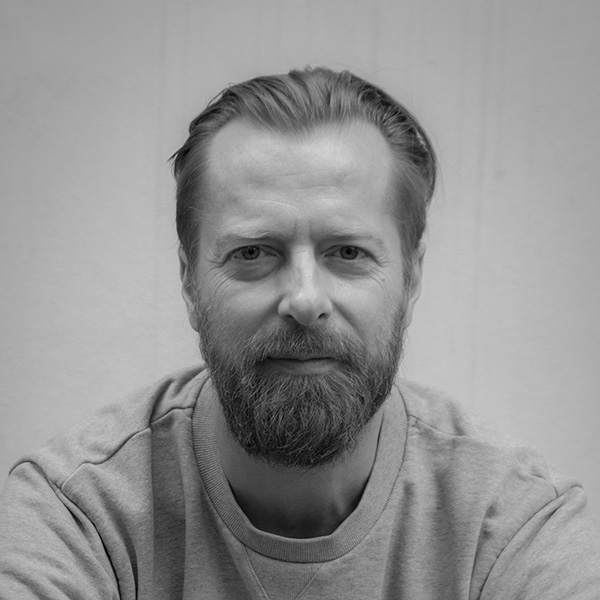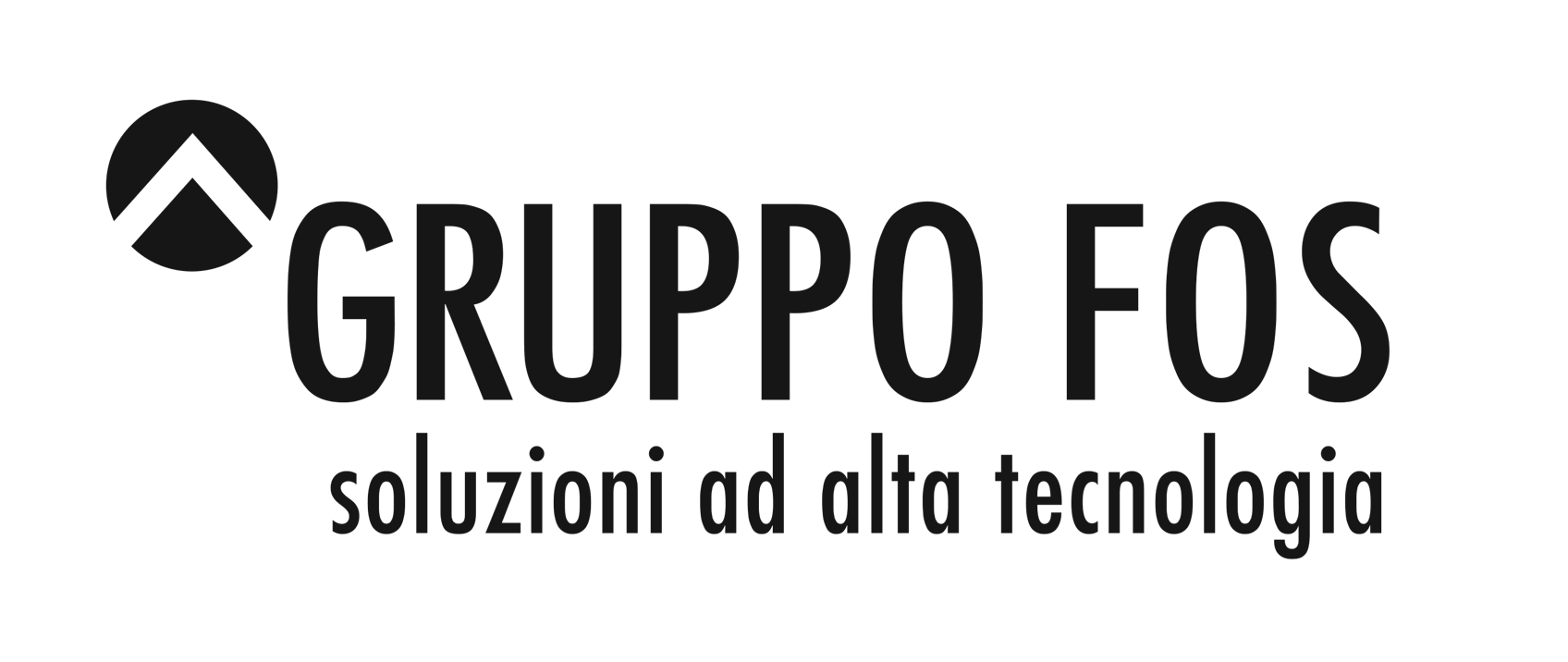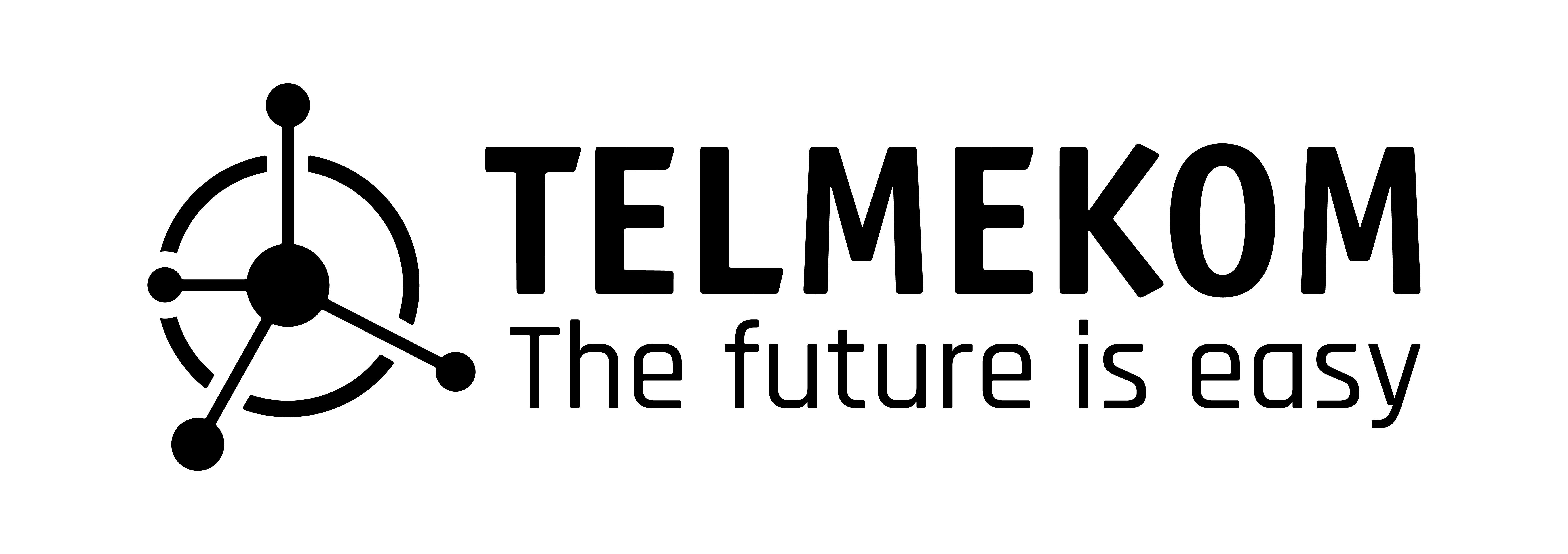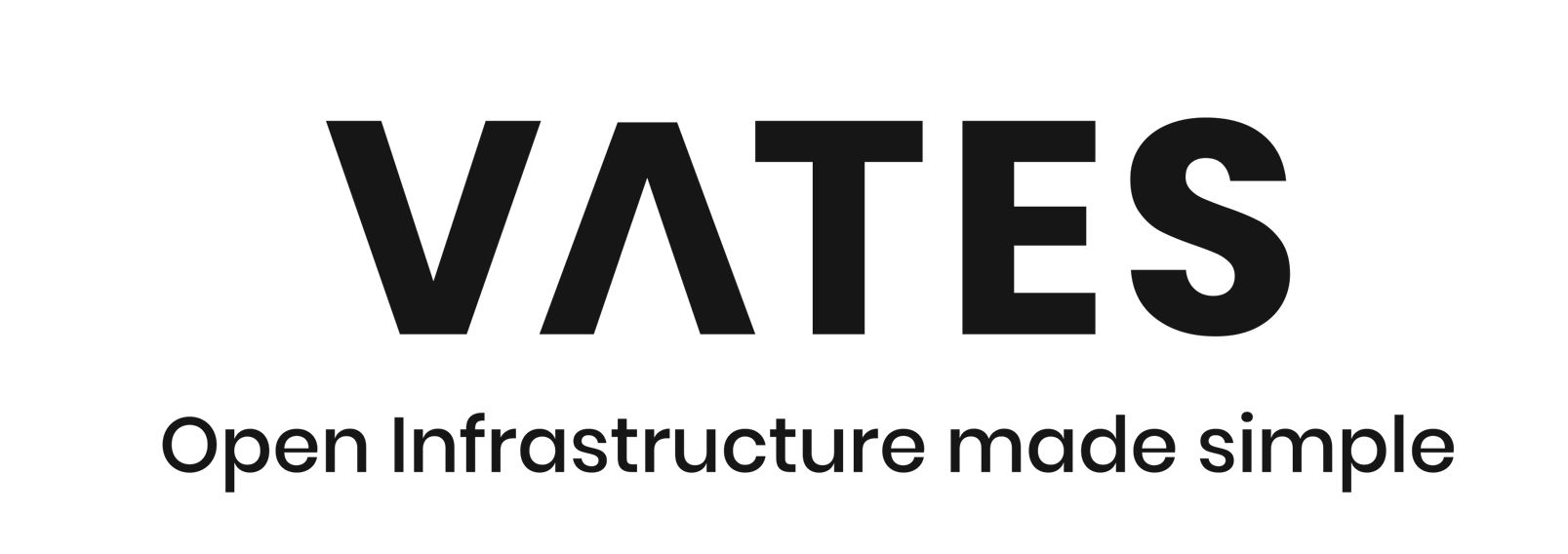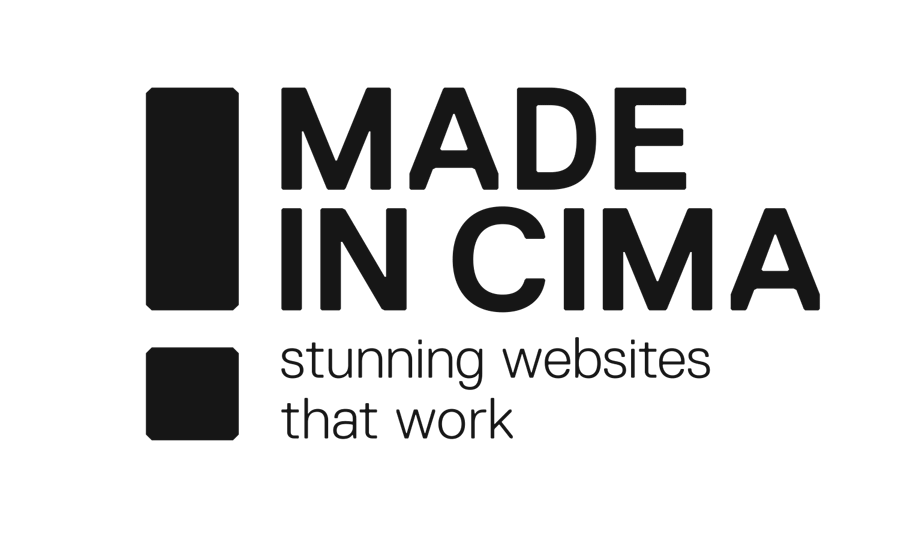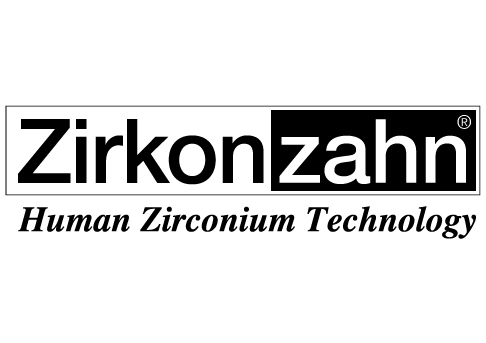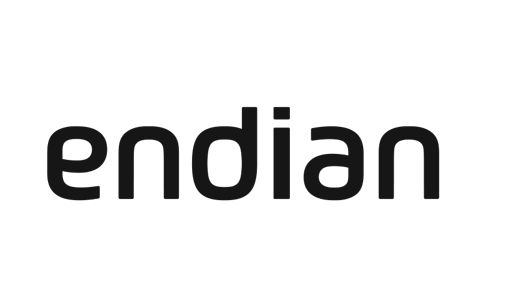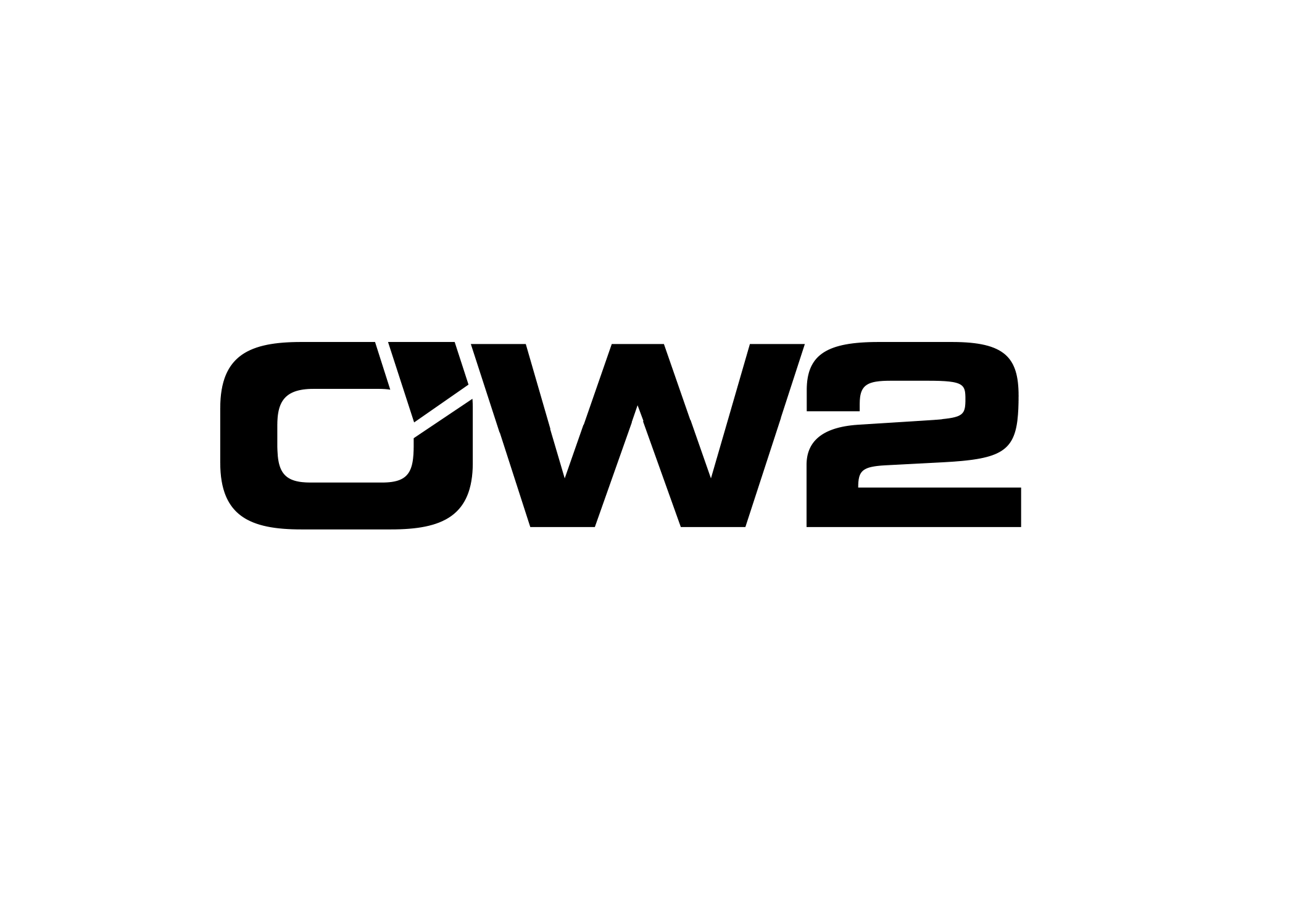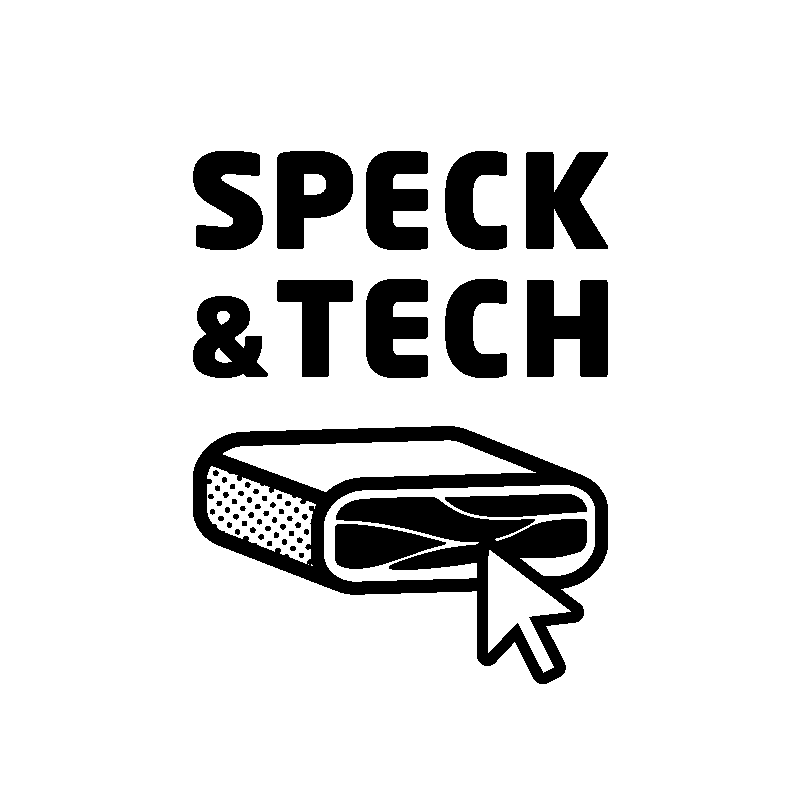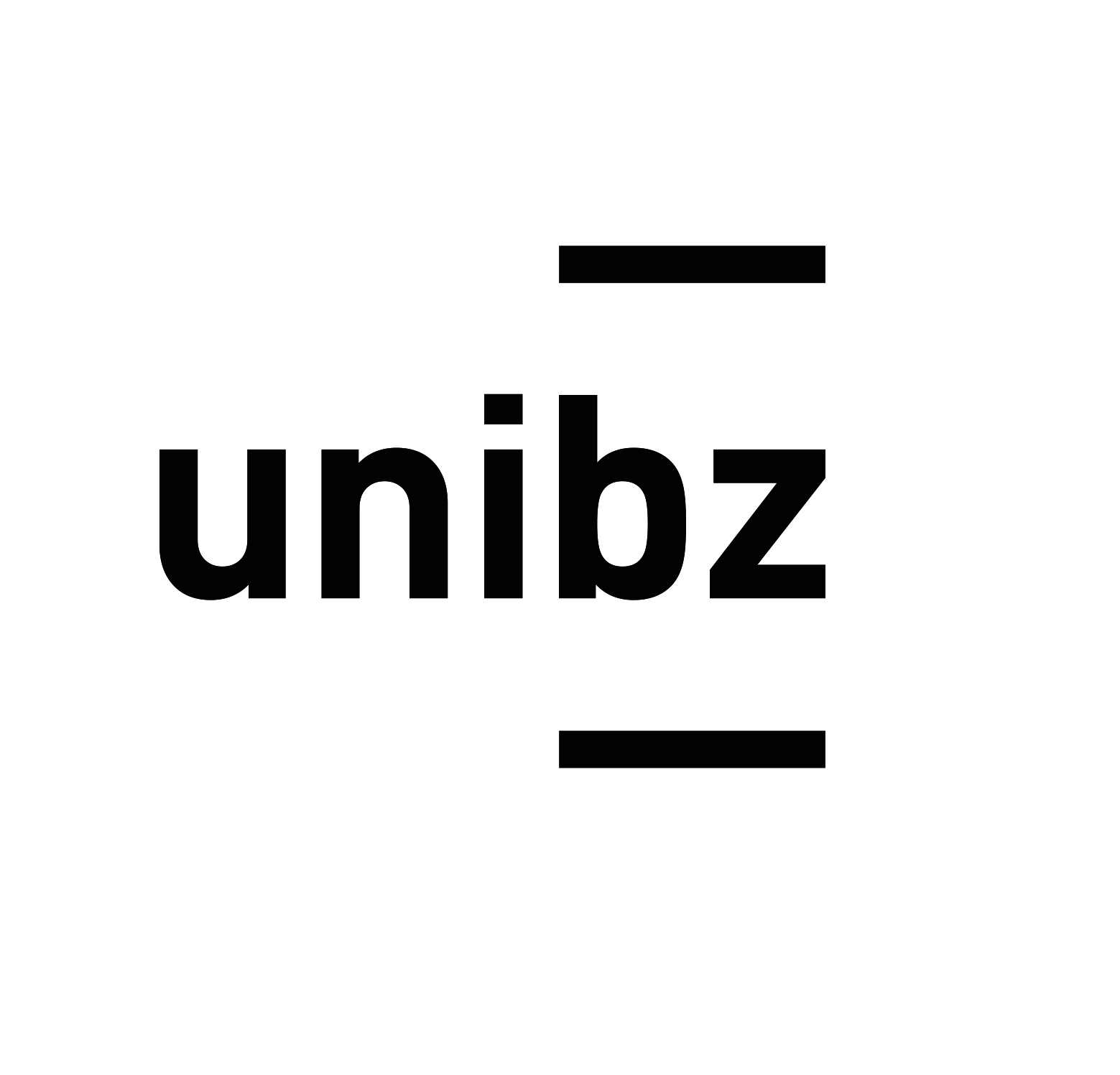How do we avoid digital monopolies in medicine? According to Bart de Witte and Viktoria Prantauer from the Hippo AI Foundation, you kill unicorns with open eco-systems and radical open innovation and open AI. In his impressive lecture, Bart & Viktoria will make it clear that Europe’s competitiveness and innovative and innovative strength of Europe can only be ensured in the future if the potential of open AI approaches is exploited. According to Bart de Witte free flow of information is essential for democracy and our society.
Many European health care systems trace their roots to Bismarck’s idea that we, as citizens, have a social responsibility to redistribute resources when individuals’ incomes and ability to pay for care are unequal. Most Europeans readily accept the solidarity principle – it is deeply rooted in our culture. Europe guarantees fundamental rights such as Article 35 – Health Protection, which states that everyone has the right of access to preventive health care and the right to medical treatment in accordance with national laws and practices. To ensure this right to medical treatment, it is important that every actor has access to quality information and that medical innovations remain affordable. AI is the key technology of the future and will fundamentally change the German and European healthcare system. While the U.S. follows a market-driven platform capitalism, China is building a panoptic control society. However, healthcare in Europe is highly federalised, which means that Europe does not have the same market conditions as China and the U.S., resulting in an insurmountable competitive disadvantage for the development of data-driven digital business models. Current data accumulation is already following capital accumulation, and it shows how these new business models could lead to data consolidation and, in the final stage, unseen information asymmetry or monopolization of life-saving knowledge. The free flow of information enshrined in European fundamental rights would be disrupted. Quo vadis Europe?
The resilience of our future digital health systems threatens our digital sovereignty. In addition, the intellectual property protection that leads to closed AI exacerbates the already existing crisis of scientific reproducibility. Google has published several papers on its AI performance without releasing data, methods, and source code of its model. It is as if we are creeping back to the dark ages of pre-Enlightenment. Central to Europe’s digital sovereignty and competitiveness is not only the development of AI competencies, but also the development of freely available data and AI models that accelerate the development of open AI. Establishing open AI through open standards in medicine could protect our European markets and lead to a competitive advantage because openness will lead to faster innovation. The speed of bringing innovations to market is likely to become more important in the medium-long term than the copyright protection on life-saving algorithms. Moreover, AI in medicine needs balanced and representative training data to avoid discrimination, so the problem can only be solved by globally oriented organizations. AI is the key technology of the future and will fundamentally change the German healthcare system. While the U.S. follows a market-driven platform capitalism, China is building a panoptic control society.
Depending on the standards we adopt, the introduction of AI could exacerbate or reduce unequal access to life-saving healthcare. Europe needs to design AI for healthcare based on its value system in such a way that fundamental rights, such as the right to life or health protection, are still guaranteed, as well as the free flow of information. The introduction of AI in medicine should strengthen our democracy, but also the local economy. Access to open AI is hugely important for startups. In a recent survey by PwC, two-thirds of founders:in already criticized competitive distortions caused by data monopolies among a few international corporations. This trend will increase through mergers and acquisitions. By demonetizing data and opening up AI through open source licensing, we can digitally reinvent the social market economy.
Democratization of AI (open source strategy) is needed for sustainable AI development in medicine, in line with our European standards and values. The current federal and European data strategy by far does not contain everything that is necessary for a successful open AI development. Therefore, the establishment of a global non-profit organization for the exchange of data, AI commons and knowledge is necessary. Such an organization should be independent of current political interests. The Hippo AI Foundation aims to be this organisation, and brings people and data together to build medical reference datasets and artificial intelligence as digital commons. This keeps life-saving medical knowledge extracted from patient:inside data using AI accessible to all, accelerating innovation and reducing R&D costs. As a global non-profit organization, Hippo AI provides a legal framework and structure to shape collaboration and funding for medical open-source projects. For an open-source project to be sustainable and enduring, it requires an organized community of participants to drive development. The Hippo AI Foundation defines and governs a clear process of patient:in led projects to create reference datasets. A clear description of how individuals can contribute to the project and how the evaluation and inclusion of contributions works is provided. This enables effective and accurate prioritization of project steps. The Hippo AI Foundation aims to democratize medical artificial intelligence. This could enable a sustainable improvement of medical care, empowers patients and enables entrepreneurs and researchers worldwide to work on local solutions.

